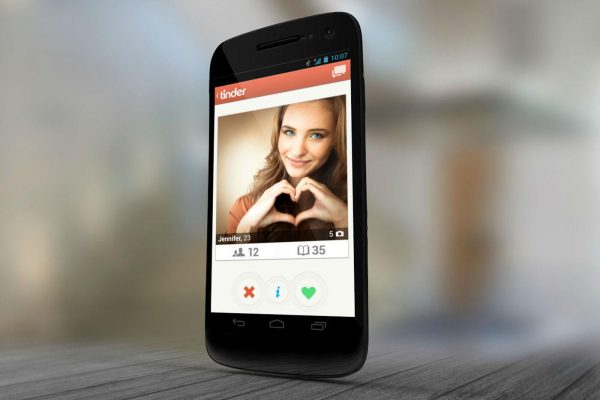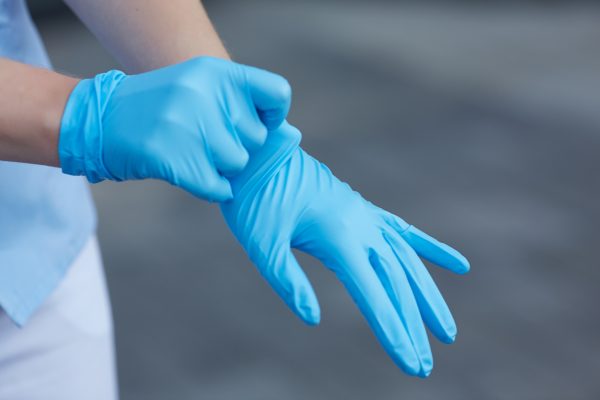What does it mean to trust?
As a social species we rely heavily on trust and find it easy to trust people with similar interests to ourselves. Although having our trust betrayed is one of the most painful emotional experiences we can have, we are hardwired to trust. But what does it mean and is it important?
Animals ranging from mammals, birds, reptiles and amphibians exhibit trust for one another. It is a pre-requisite for cooperation with a teammate in a sporting event or hunting pack which can make a task easier to accomplish. With mammals, our ability to trust is nurtured from a young age when we trust our parents to have our best interests at heart, but even sharks have exhibited team work, which requires a certain level of trust.
But the trust that we, as humans, value most of all is the trust of our family and friends. Like animals, it’s wired into our brains to find a mate who we can trust, reproduce with and raise a family (this is a very general and simplistic example of something that is far more complicated, as any teenage boy will tell you).
It is a trial by fire to learn who you can trust and who you can’t and one that you shouldn’t be spared because it is an important lesson to learn to tell your friends and non-friends apart. It seems that this is a lesson that is becoming less and less enforced, or rather it isn’t enforced at all; current Western society would have people opening themselves up for injury, theft, betrayal because if you can prove fault you can sue.
I’m sure there is a sucker born every day, but instead of teaching ourselves to be better at spotting them, we seem to be moving in the opposite direction and relying on technology to inform us what our common sense should be telling us.
THE APPS
We are terrific at making tools. If a tool makes life easier we’ll use it without looking back. Industrially speaking we make tools to help make machines to make better tools to help make even better machines.

Take a dating App like Tinder. It is a tool through which you can contact new people. Via a simple swipe you can say yes or no to “liking” a person on a face value. Is it shallow? Yes. Does it objectify both males and females? Yes. Does it work? Yes. Thanks to a bountiful supply of people online you don’t have to actively pursue a relationship if you don’t want to, so you don’t have to worry about developing trust with someone.
What will the next evolution of Tinder be? The developers have already realised that their apps are being used for sex, leading to the rise of STDs in America. If this continues, is it inconceivable that the designers of the app that has made dating easier won’t look to make it safer as well? What if you signed up to Tinder right now and there was a question, “HAVE YOU EVER CONTRACTED AN STD?” (Tweet This)
A simple question. A pertinent and relevant question. A question that should pop up in conversation at some point along the journey between first meeting someone and eventually building a relationship together.
It sounds like a good idea. If you’re on Tinder you probably agree that it would put your mind at ease about meeting someone if before you swipe right you know that they are clean and healthy. But it also raises questions about a new culture of ostracism – if we could tell those who have a venereal disease would we not treat them differently?

And as convenient as it may seem, would it not simply encourage more casual intercourse with strangers happy to take a risk because of their dating app said it was safe?
Alongside that you have other apps, such as the Google App Couple Tracker, which means that you can tell where your partner is all the time. If you think you need to put a tracker on your partner to stop them from cheating on you then you probably shouldn’t be with them. But eventually, it will become the norm and when something becomes the norm, people ask questions when you don’t conform to it. If you decided to turn off your Location tracker your partner may think you have something to hide, the same way that people on Tinder might get cold feet if you decline speaking about any history of sexually transmitted diseases.
Couple Tracker could be the death of trust, let alone the death of surprise visitations. If you wanted to take things a step further, American company ooVoo is creating an app that will read facial movements to tell whether you’re lying or not. A useful tool to have in the workplace or for interviews, but a disastrous one for relationships.
Because surely, trust can only exist when it’s offered and reciprocated. Outside of this, it’s just mechanical.
App by app we are eroding our ability to rely on our intuition, on our gut instincts, on our social understanding of people and replacing it with a reliance on tools. And technology is continuing to move in this direction.
It will mean the death of Trust.
Maybe the advent of this technology is a good thing. Maybe it will help us evolve into a new level of enlightenment where truth becomes the automatic response. Maybe in the distant future they will look back and speak about us as being in the dark ages where people lied. A social revolution where trust is based upon actual fact could eradicate the spreading of certain diseases.

But if you take away a person’s ability to think for themselves then you’re not encouraging growth; you’re just making them used to being told what to do. You make them dependent on tools. Yesterday we had to use our intelligence or learn from our mistakes; today we are developing apps to make our lives simpler; tomorrow we will be completely reliant on machines to do everything for us.
Pixar was right after all.



